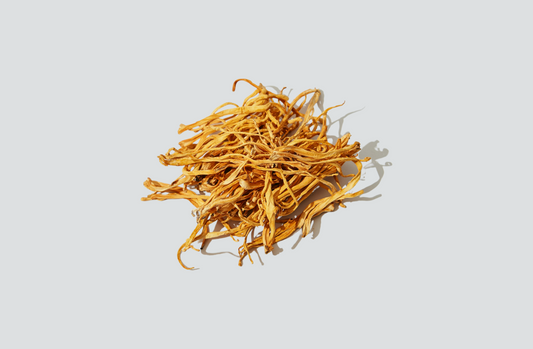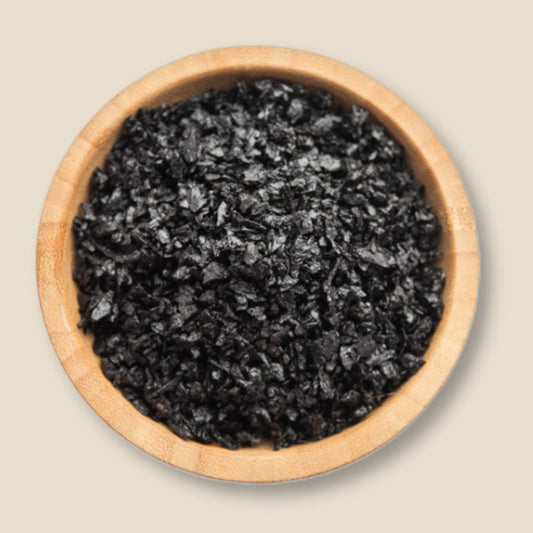
What is shilajit and why should I care?
Abdullaah KhanShare
Introduction
Shilajit is a mysterious black substance found in the mountains of India, Nepal, and Tibet that has been used for centuries in traditional Ayurvedic medicine. This sticky, tar-like substance is believed to have a range of potential health benefits, from boosting energy and stamina to improving cognitive function and reducing inflammation. In this article, we will explore the history of shilajit, its composition, and its potential health benefits. So if you're curious about this fascinating substance and want to learn more, read on!
What is shilajit?
Shilajit is a sticky, black, tar-like substance that is found in the mountains of India, Nepal, and Tibet. It is believed to have a range of potential health benefits, and has been used in traditional Ayurvedic medicine for centuries.
Shilajit is formed when plant matter is compressed and preserved by layers of rock and soil over millions of years. It is typically found in the cracks and crevices of mountains, and is extracted by hand. Shilajit is a complex mixture of organic compounds, including humic and fulvic acids, minerals, and trace elements.
Health benefits?
Shilajit is believed to have a range of potential health benefits, including boosting energy and stamina, supporting healthy digestion, and improving cognitive function. It is also thought to have anti-inflammatory and antioxidant effects, and may be able to help protect the body against damage from free radicals. Shilajit can typically be consumed in the form of a powder or extract, and can be taken as a dietary supplement by dissolving it in warm water or milk. We prefer dissolving a small dose in warm milk with honey since it can be bitter.
While there is limited scientific research on the health benefits of shilajit so far, some potential benefits of this substance include:
-
Improving energy levels and athletic performance: Shilajit is believed to contain compounds that may help increase the production of ATP, the primary source of energy for the body's cells. This could potentially improve energy levels and athletic performance.
-
Reducing inflammation: Shilajit has been shown to have anti-inflammatory effects in some studies, which means it may help reduce inflammation in the body. This could potentially be beneficial for conditions like arthritis and other inflammatory diseases.
-
Supporting the immune system: Shilajit is thought to have immune-boosting properties, which means it may help support the immune system and protect the body from illness and infection.
-
Acting as an antioxidant: Shilajit is believed to have antioxidant effects, which means it may help protect cells from damage caused by free radicals. This could potentially have a number of health benefits, including reducing the risk of chronic diseases like heart disease and cancer.
-
Acting as an adaptogen: Shilajit is considered to be an adaptogen, which means it can help the body adapt to stress. This could potentially help improve the body's ability to handle physical and mental stress, leading to better overall health and well-being.
Conclusion
Shilajit is a complex mixture of organic compounds that has been used for centuries in traditional Ayurvedic medicine for its potential health benefits. Although there is limited scientific research on its effects, some potential benefits of shilajit include improving energy levels, reducing inflammation, supporting the immune system, acting as an antioxidant, and acting as an adaptogen. However, it is important to remember that more research is needed to fully understand the effects of shilajit, and it is always best to consult a healthcare professional before taking any new dietary supplements. Despite these limitations, shilajit remains a fascinating substance with a rich history and many potential health benefits.







